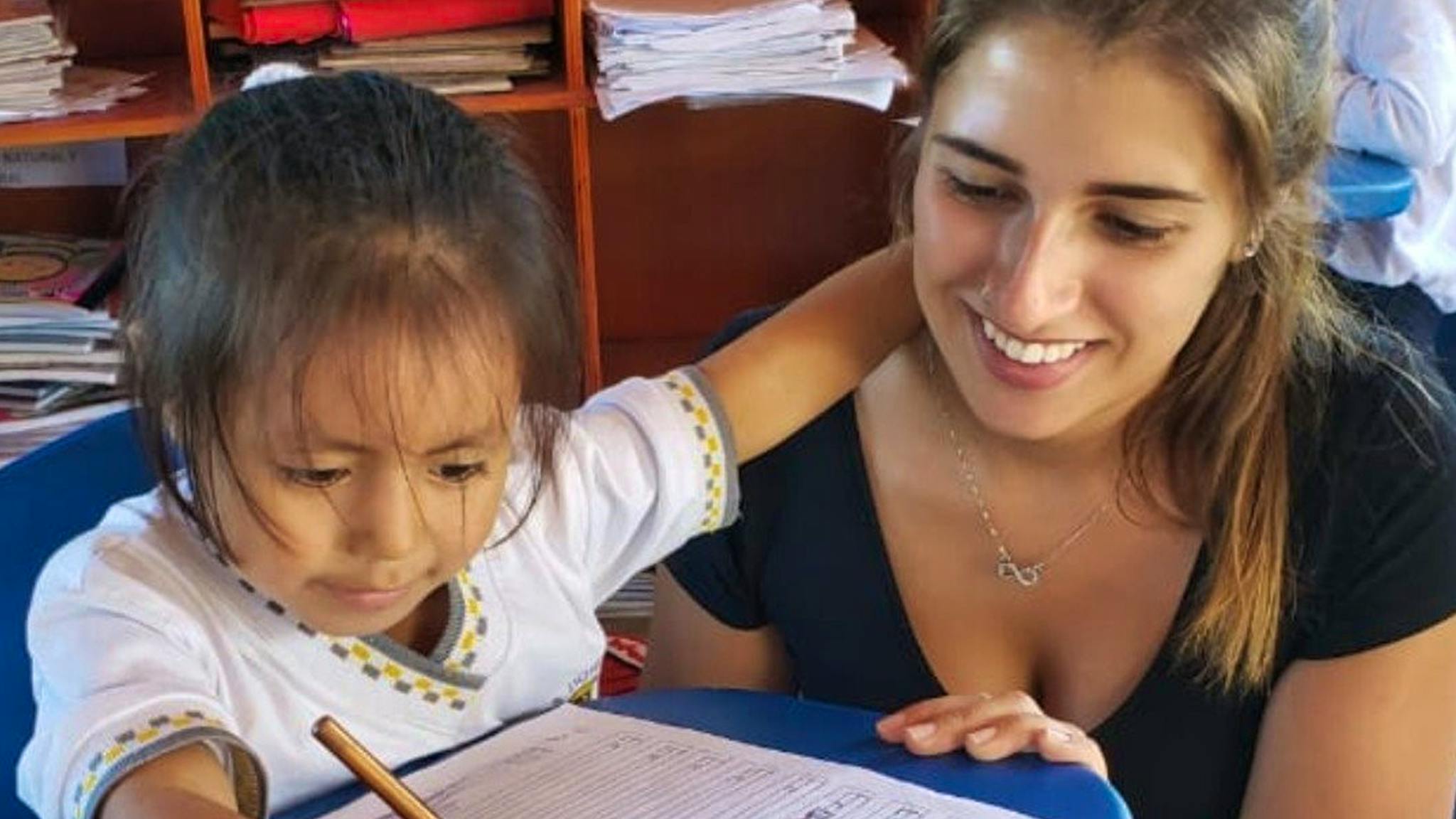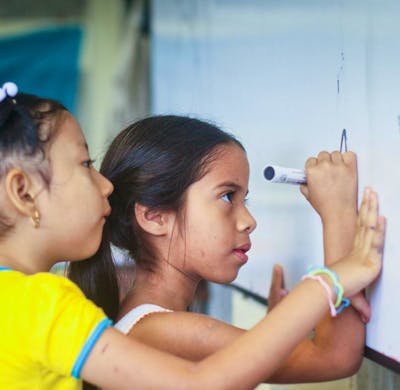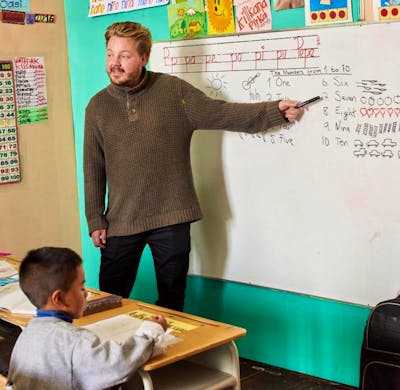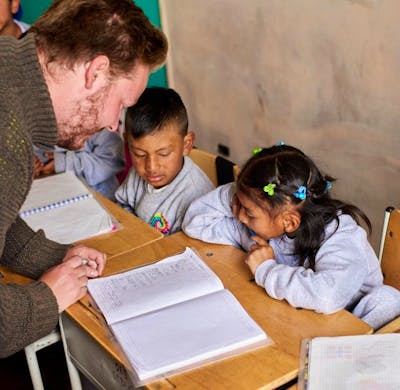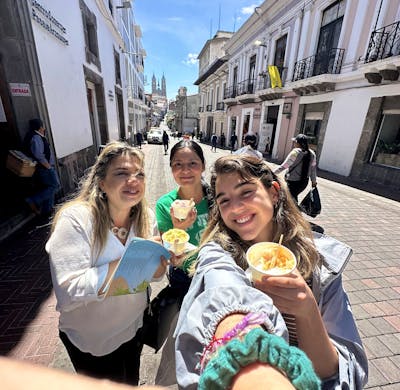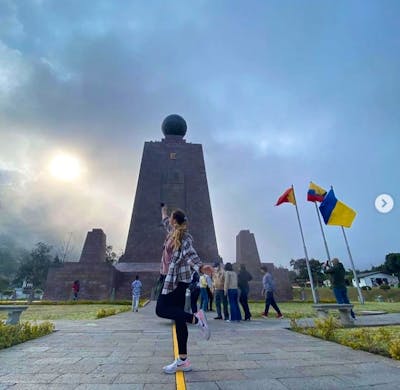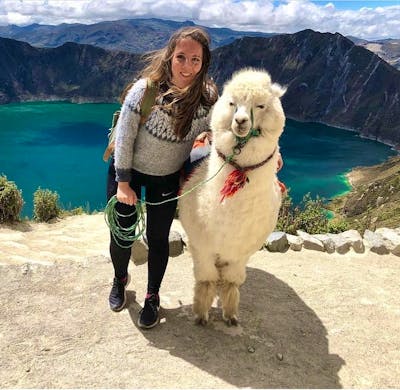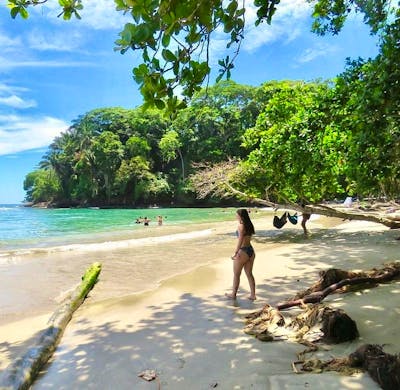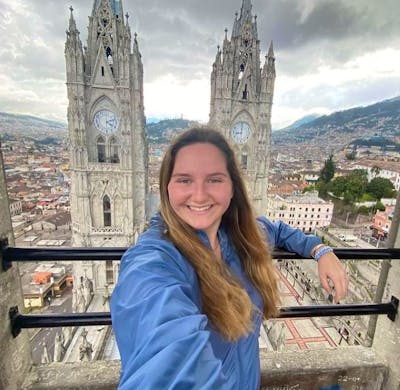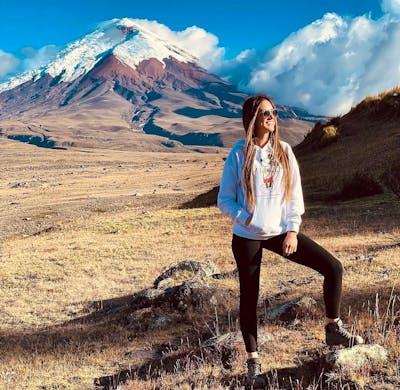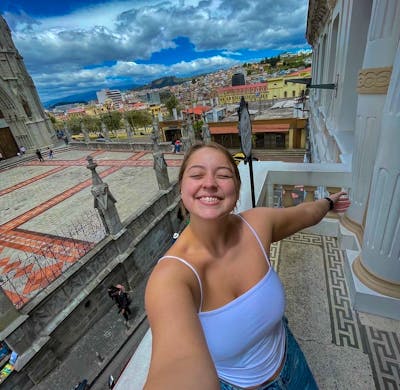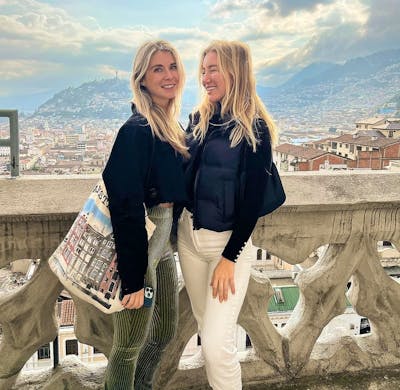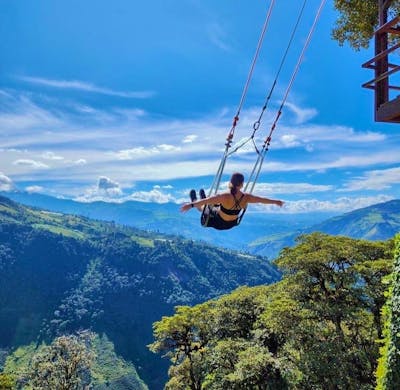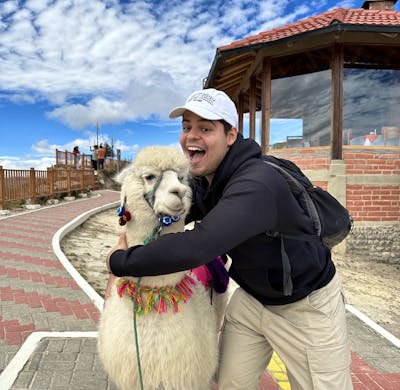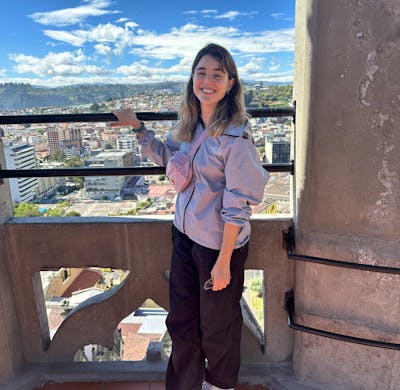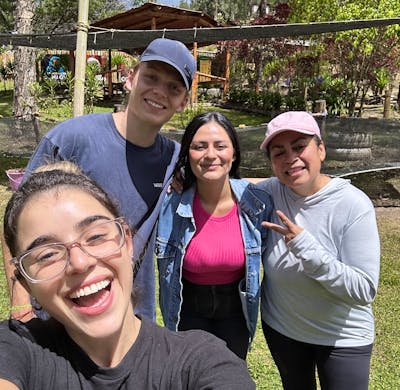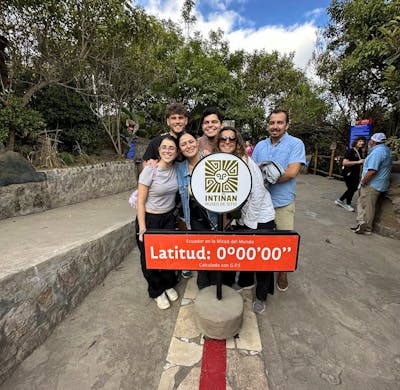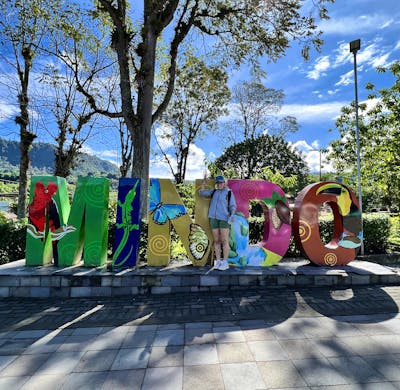Founded by volunteers for volunteers, Plan My Gap Year works with local communities in the developing world towards long-term sustainable goals. We know there is no better way to travel and make a positive impact on the world.
We work extremely hard to ensure that our opportunities are affordable for everyone who wants to make a difference. So fees are 100% transparent, something our volunteers really appreciate.
Plan My Gap Year structured programmes create the perfect platform for you to see the world, meet like-minded people and engage in meaningful volunteer work. We have teams in the UK and in our host destinations who will support you 24/7 throughout your time with us. Furthermore, every project on our network is regularly risk-assessed by our UK team to ensure our set up is safe and that our volunteers are making a positive impact.
There is also a great social element to our programmes. Plan My Gap Year puts you in touch with all your fellow volunteers via Facebook before you set off. Our projects receive volunteers from around the world throughout the year, so even if you’re travelling solo, you’re going to meet heaps of people along the way. Plus you’ll have plenty of opportunity to travel the country with your newfound travel buddies – it’s all part of the PMGY experience!
So if you’re thinking of doing something a bit different on your next trip abroad, then why not drop us a line and find out what extraordinary things you could be doing.
AFFORDABLE & TRANSPARENT FEES
Our aim is to make our programmes accessible to motivated travellers irrespective of their financial capacity. Plan My Gap Year focuses on providing the core requirements of a volunteer programme: safety, structure and sustainability.
We are 100% transparent with our fees. That way you know exactly how much of your money goes towards the local community.
Compared to the large majority of volunteer organisations out there, even most charities and not-for-profits, PMGY’s opportunities are significantly cheaper. Furthermore, as our reviews will testify, our support service and structured programmes are second to none.
SAFETY & RISK MANAGEMENT
Your safety is our top priority. All of Plan My Gap Years' programmes have been personally inspected and vetted by the PMGY team – which is not an industry standard by any means. We carry out independent risk assessments on an annual basis and our local teams constantly review the safety precautions we implement. This includes regular staff and safety appraisals.
Our local teams are made up of highly experienced volunteer coordinators. They have hosted international volunteers for many years and are prepared to react in the unlikely event of an emergency. Whatever the problem, big or small, our local teams are available around the clock.
As part of our commitment to your safety, we keep in constant communication with local embassies and the Foreign & Commonwealth Office to ensure we can identify potentially dangerous situations and act upon them immediately. Our UK team are available 24/7 to assist volunteers and their families.
TRAINING & SUPPORT
We support our volunteers every step of the way. Before you go we will provide you with a detailed Volunteer Handbook, which will guide you through how to prepare for your trip. This Handbook contains literally everything you need to know – from what to pack, to how to obtain a visa, to local language guides.
Our experienced UK team are always available to provide assistance. Plan My Gap Year is always available to answer our questions and support you in anyway we can.
On arrival, a member of our in-country team will collect you from the airport and help you settle in. Your orientation course will teach you everything you need to know about the country, how to stay safe and what to expect from your upcoming volunteer experience.
Our local team are on-call 24/7. Whether you’ve lost your passport or just want some help in planning a weekend trip, our friendly in-country coordinators provide that safety net to ensure you are well looked after.
RESPONSIBLE TRAVEL
Plan My Gap Years' responsibility is not limited to our travellers but also the projects we support. That is why all our volunteers must provide a Criminal Background Check before they travel.
It is essential that our projects are need-driven and sustainable. We work closely with our local partners to ensure that our volunteers are contributing to bring about long-term development.
PERSONAL TOUCH
We really know our programmes. Our UK team have stayed in the accommodation, volunteered at the projects and met the volunteers. We carefully assess each application we receive so that your personality and skills are suited to the project. Whatever your query, you can feel assured that you will be speaking to someone who can tell you exactly what to expect.
HAVING FUN
One of the best aspects of volunteering is meeting some amazing like-minded people. We place over 2,000 volunteers every year so wherever and whenever you go, you have the peace of mind in knowing you will be living and working alongside other PMGY volunteers. In many of our destinations, we run our own Volunteer House accommodation, which ensures all volunteers live together, and therefore guaranteeing a strong social element. In addition, our local team are always there to help you plan any independent travel or give you some tips for what to do at the weekend.
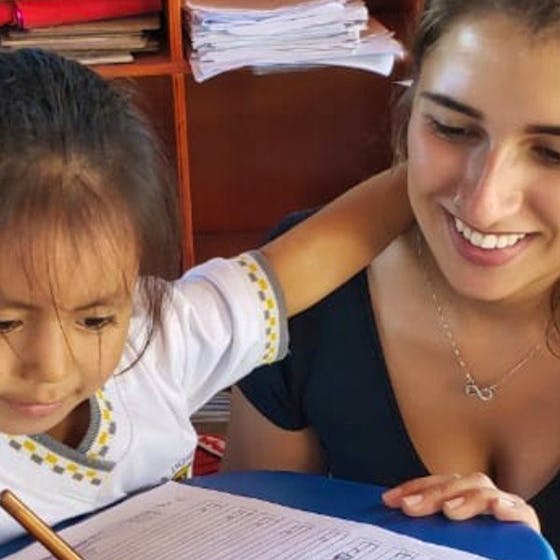
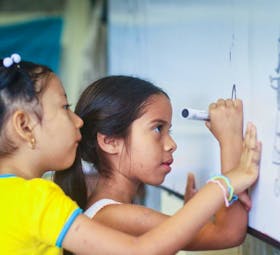
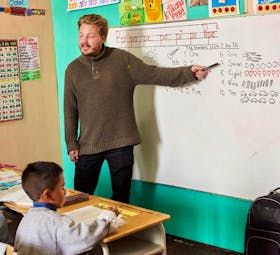
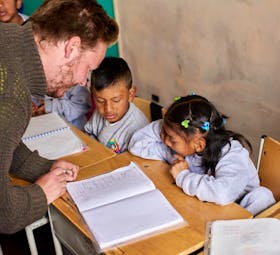
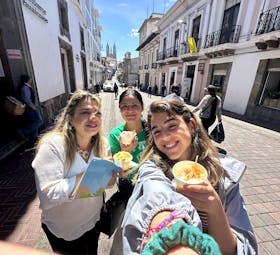
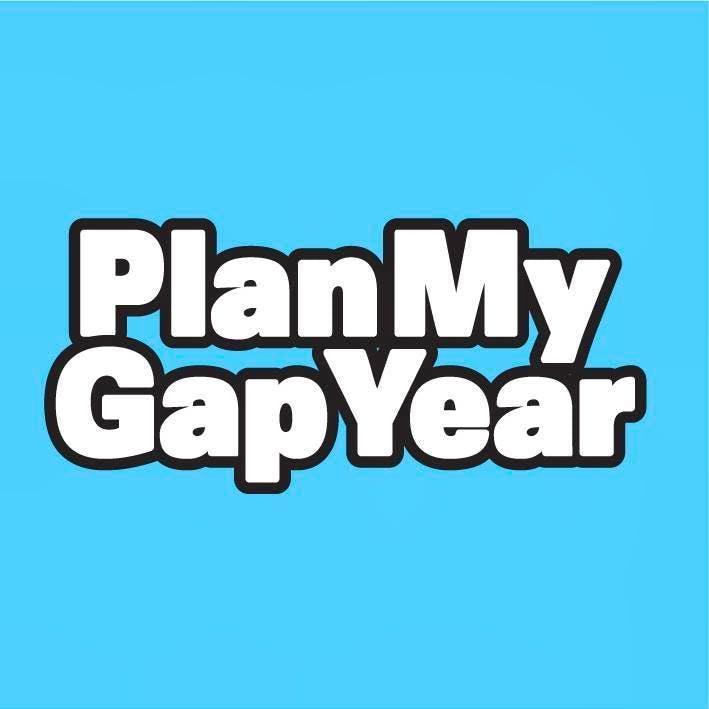
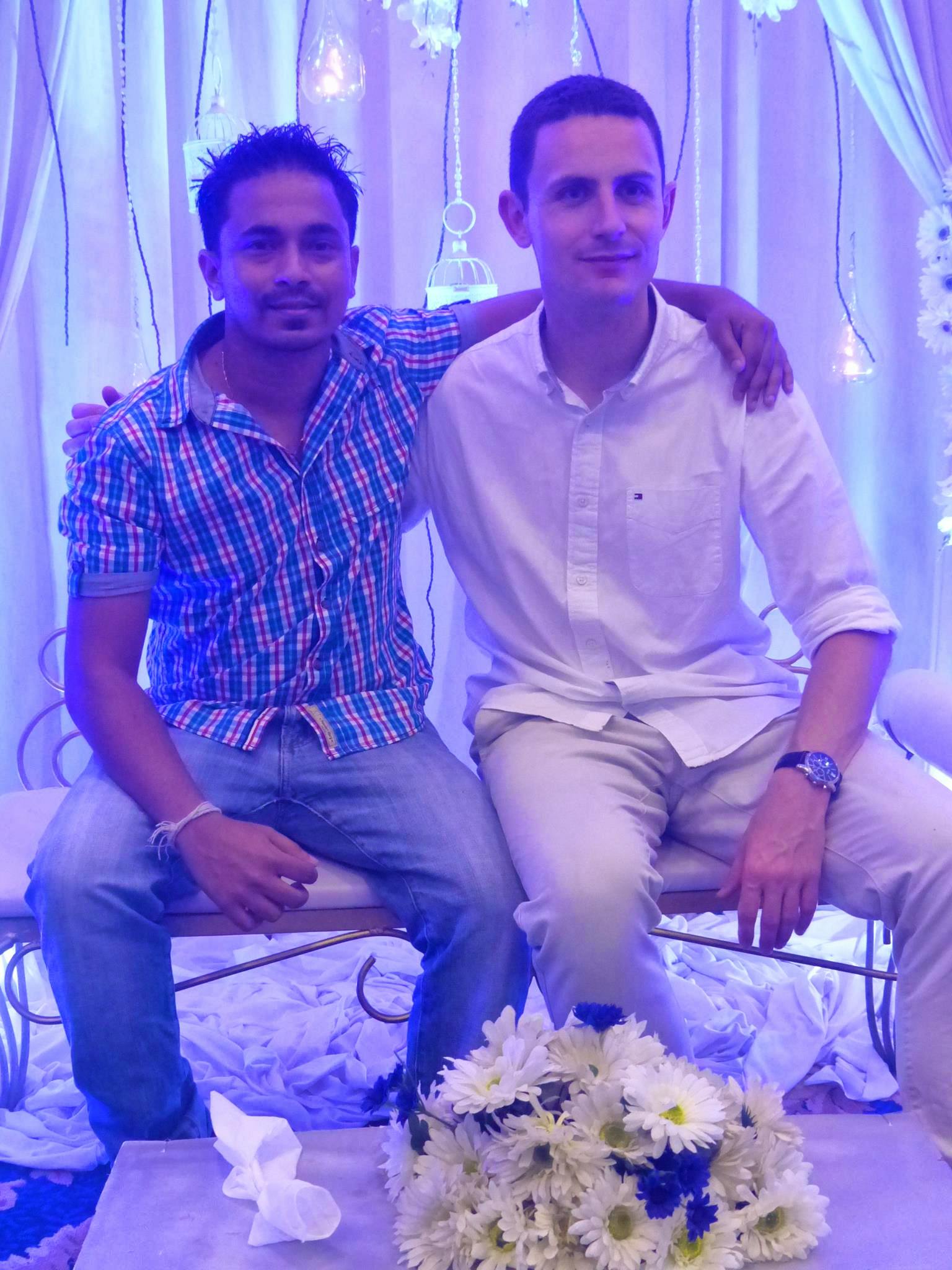
 4.8
4.8

